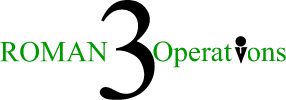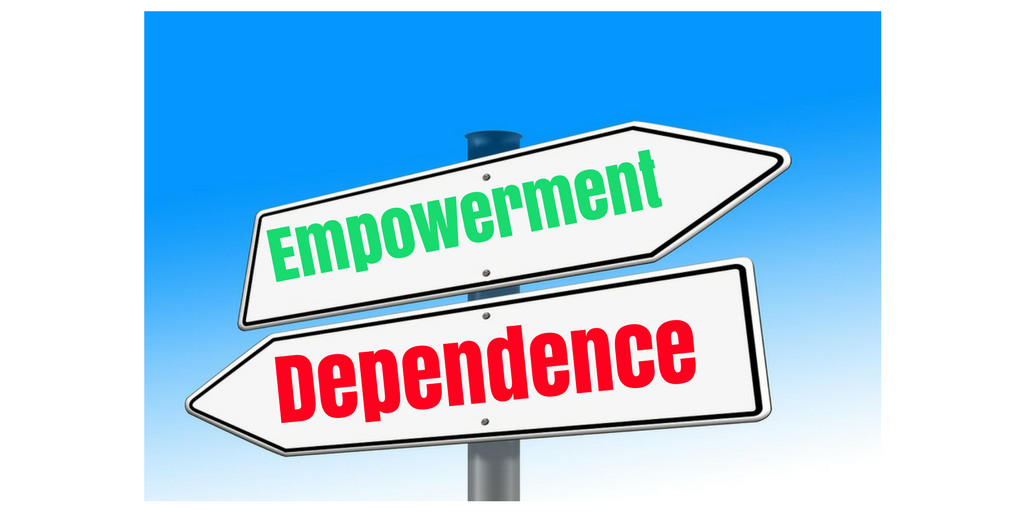What is your workplace like?
We have all had jobs we didn’t like and jobs we loved. Often the reason for the distinction is the people we work for and with. I can tell you I have had some jobs where my role was exhausting, dirty, and not overly lucrative, but the people I worked with were amazing, so this was a job I actually liked and was sad to have left. On the other hand, I have had easy, engaging, and well-paying jobs, but the people I worked with were really challenging, so this was a job I really disliked and was eager to leave. I am sure you have all had similar experiences. In a similar vein, sometime there are conditions that other people must deal with in their jobs that make it challenging for you to work with them, things outside their control that make their jobs harder for you to do yours.
It is funny how people and conditions can ruin experiences for us and sometime take the enthusiasm out of a great experience. That is why I wanted to write about this topic, so you can protect yourself from the challenges that might make you regret and opportunity that you likely work very hard to get.
Your workplace of often only as good as the people in it
One of the first things you need to do is really understand and identify the challenging personalities and habits that may exist in your co-workers. We often have people who, for one reason or another, are mentally and emotional exhausting to work with. There are a lot of similar qualities that create behaviours in our more challenging co-workers; things like rigidness, a self focus, and often, insecurity. These, and other types, of behaviours create common traits that can be identified and labeled if you know what to look for. I spent some time working with a HR team to identify, label, and recommend actions to properly limit the impact these people have on us. Have you ever dealt with Emotional Vampires, Hostile Drama Queens, or a Bliss Bandit? If any of these names sound like they might describe someone who you have worked with, check out my past article, called Do you have the Dirty Dozen in your life? Part I of II, for a list of 12 types of people and suggestions on how to limit their impact on you.
Uncertainty: a common way to poison the well
Beyond the types of people, another major challenge comes from people dealing with uncertainty. Sometimes people do not completely understand their roles, or how their roles align with yours. This level of uncertainly in how we see jobs, tasks, responsibilities, and hierarchy can make it really tough to work with people if the way that they are supposed to interact is unclear. A large part of working with people has to do with understanding how their job affects you and vice versa, so clarity is really important to good working relationships. This can often be gained by strong job descriptions, organizational charts, and a mapping of responsibilities. I have often advised or consulted for workplaces that are in rough shape and one of the best places to start is with an organizational role assessment and an inventory of HR policies and job descriptions.
Another major way that uncertainty creates major challenges in the workplace is with change. When a large change happens, it creates an extreme amount of uncertainty, maybe it is a change in leadership, or a change in strategic direction, or in mandate, or even just adding to an existing team, change can often bring out the worst in people because of the uncertainty. During a change people often get protective, or even possessive of what they do and the status quo because they become vulnerable and that makes people really uncomfortable. Managing change is an extremely important part of maintaining an efficient and hospitable workplace. I have written about managing change in detail in a past article titled: Unlocking Innovation (Part V of VI): Managing change, but the key is really about strong communication and getting everyone affected by change to buy in to its value.
Challenges beyond the people
It is important to understand the systemic conditions that greatly impact the environment of a workplace. One of the biggest conditions is unbalanced and out of date policies. Policies are the backbone of any workplace, whether is it s the HR policies, financial policies or conflict policies, just to name a few. If these are not strong and fair then the backbone of an organization will be as weak and skewed as the polices themselves. If an organization has gone to the lengths to hire the right people, focus on the right strategies, and crafted the right services or products to offer; but their policies and focus limit the impact or weaken the creative freedom of the staff, then they have bound the very hands hired to lift them. Part of the problem is the focus of many policies. There are often policies that focus on time spent at a desk rather than flexibility to get the best work done, or protecting the company from staff rather then empowering staff to do their best work, or are used to control the employees rather then develop them.
Another condition that creates a challenging workplace is how the employees are incentivize. Now there are a lot of opinions about how to get the most of out of employees. Some say money, some say promotions, some even say threats. But, however an organization decides to incentivize their employees the simple truth is, you get the best work out of happy and appreciated people. Happy and valued employees think more creatively, are bolder, put in longer hours, are more dependable, and miss less time. There is great work being done researching these claims in Positive Psychology, I would suggest starting with Shawn Achor, here is a great Ted Talk to get you started.
The Takeaway
The environment and people you work with are the largest factor to overall job satisfaction. As an employee the best thing you can do is to be open minded and assertive. That’s it. Those two things can make almost anything you deal with in the workplace manageable, from the annoying person next to you, to the stress of getting a new boss. Becoming open minded and assertive is a much more complex process, but understanding what you need to do is at least a place to start. As an employer the best things that you can do is to truly value your employees. Value them enough to have transparent communication with them, change your policies that were created to police them instead of empowering them, incentives them by letting them play to their strengthens and truly value the work that they do. That’s it. Value them and most importantly, show them they are valued. Empower them, support them, encourage them to support and empower each other. We shouldn’t all just look to survive our work day, we should look to thrive in our work day.
Roman 3 is an advising and solutions firm that specializes in inspiring progressive action, creating a culture of innovation, and assisting organizations in implementing transformative change. We help you build capacity, collaborate, be progressive, and grow to your full potential. For more information on our services and support check us out at www.roman3.ca






